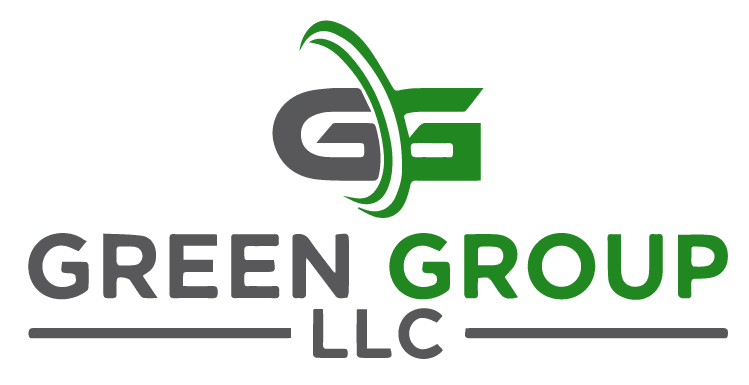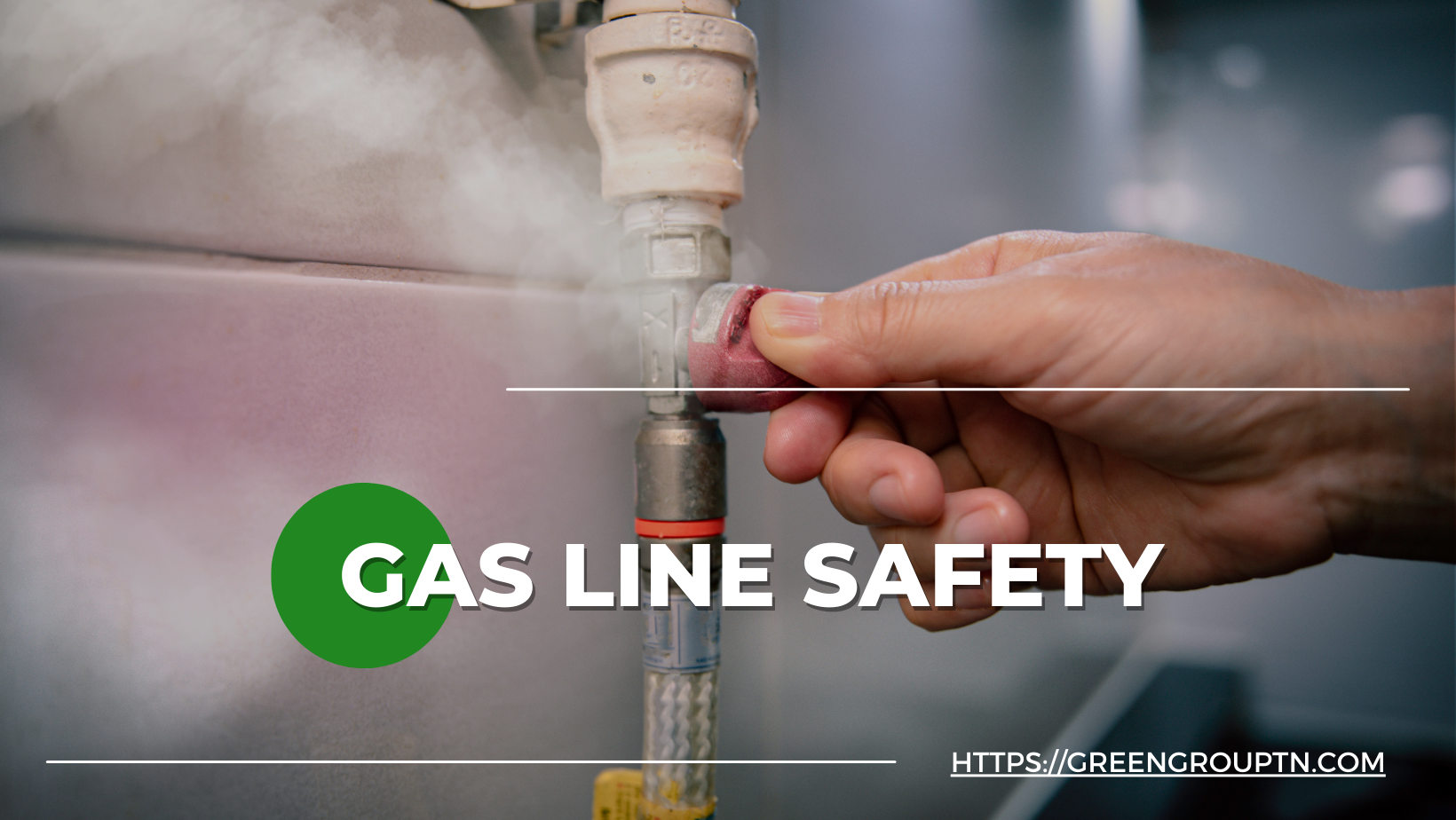When it comes to home safety, one area that often goes overlooked is the gas lines that run from the street to your house and throughout your home. Many homeowners are unaware that they are responsible for the maintenance and safety of these gas lines and the appliances connected to them. Properly maintaining your gas lines and appliances is crucial for ensuring the safety of your home and family. In this guide, we’ll explore essential gas line safety tips every homeowner should know helping you keep your home safe and secure.
Understanding Your Responsibility
First and foremost, it’s important to understand that the gas lines from the curb to your meter, as well as those running from your meter to your house, are your responsibility. This means you are in charge of maintaining these lines and ensuring that all connected appliances are functioning properly. Whether it’s your water heater, furnace, gas stove, or outdoor grill, the responsibility to keep these systems in good working order falls on you.
Check for a Blue Flame
One of the simplest ways to monitor the performance of your gas appliances is by observing the color of the flame. A healthy gas flame should burn blue, indicating proper combustion. If you notice that the flame on your stove, water heater, or other gas appliance is orange or yellow, it may indicate incomplete combustion, which can be a sign of a problem.
Incomplete combustion can produce carbon monoxide, a dangerous gas that is both odorless and colorless. Therefore, if you notice a change in flame color, it’s essential to have the appliance inspected by a qualified professional immediately. Note that fireplaces may have different requirements, so be sure to consult your gas fireplace’s operating manual for specific guidelines.
Regularly Inspect Your Gas Lines and Appliances
Regular inspection of your gas lines and appliances is key to preventing accidents. Keep an eye out for any visible changes or signs of wear, such as rust, stains, or unusual water buildup near gas connections. If you notice any connections that appear bent or out of place, it’s time to call in a professional for an inspection.
Scheduling an annual inspection by a qualified plumber or gas technician is a proactive step you can take to ensure the safety of your gas lines. During these inspections, the professional will check all gas appliances, furnaces, vents, flues, chimneys, and gas lines to ensure they are functioning properly and safely.
The Importance of Replacing Old Connectors
Flexible natural gas connectors are commonly used to attach gas appliances to the home’s gas supply. While these connectors are designed to be durable, some older, uncoated brass connectors are still in use today. These older connectors can corrode or break over time, leading to gas leaks and potential hazards.
If your home has gas appliances that are more than 25 years old, it’s advisable to have these connectors inspected and replaced if necessary. Replacing outdated connectors with modern, corrosion-resistant ones can significantly reduce the risk of gas leaks.
Never Attempt DIY Gas Line Work
While it may be tempting to save money by moving or installing a gas appliance yourself, this is one area where DIY efforts can be extremely dangerous. Gas lines and connectors should only be handled by qualified professionals who have the expertise and tools to do the job safely.
Attempting to move a gas appliance or change a connector without the proper knowledge and equipment can result in gas leaks, explosions, or carbon monoxide poisoning. Always hire a professional to handle any work related to your home’s gas lines and appliances.
Keep Your Appliances and Equipment Clean
Proper airflow is essential for the safe operation of gas appliances. Ensure that the areas around all gas appliances and equipment are clean and unblocked. This will help prevent overheating and ensure that the appliances can operate efficiently.
In addition to keeping the area around your appliances clear, it’s important to follow the manufacturer’s instructions for the care and use of each gas appliance. Regular maintenance, such as replacing furnace filters three times a year, can also help keep your appliances running safely and efficiently.
Fire Safety and Gas Appliances
Every home should be equipped with an all-purpose (ABC-rated) fire extinguisher, and everyone in the household should know where it is located and how to use it. A fire extinguisher can be invaluable in the event of a small fire involving a gas appliance.
It’s also important to avoid storing household chemicals or combustible materials near gas appliances. Vapors from flammable liquids like gasoline, paint thinner, or cleaning solvents can ignite if they come into contact with the pilot light of a natural gas appliance. To prevent accidents, always store these materials in a safe location, away from any source of heat or flame.
Know the Signs of Carbon Monoxide Poisoning
Carbon monoxide is a byproduct of incomplete combustion and can be produced by malfunctioning gas appliances. Because it is odorless and colorless, carbon monoxide can be deadly if it builds up in your home.
Common symptoms of carbon monoxide poisoning include headache, dizziness, nausea, shortness of breath, and confusion. If you or anyone in your home experiences these symptoms, especially while using gas appliances, you should leave the house immediately and seek medical help.
To protect your family, install carbon monoxide detectors in your home, particularly near bedrooms and any rooms where gas appliances are used. These detectors can alert you to the presence of carbon monoxide, giving you time to evacuate and address the issue before it becomes life-threatening.
Protect Your Home with Green Group
Gas line safety is a critical aspect of home maintenance that should never be overlooked. By following these essential guidelines, you can help ensure that your gas lines and appliances operate safely and efficiently. However, keeping your home safe is not a one-time task; it requires regular maintenance and professional inspections.
If you’re unsure about the condition of your gas lines or appliances or if you’ve noticed any signs of wear or malfunction, don’t wait for a problem to arise. Contact the experts at Green Group today to schedule a professional inspection and ensure the safety of your home. Visit our website to learn more about our services and how we can help you maintain a safe and efficient home environment. Your safety is our priority—let Green Group take care of your gas line needs so you can enjoy peace of mind.

